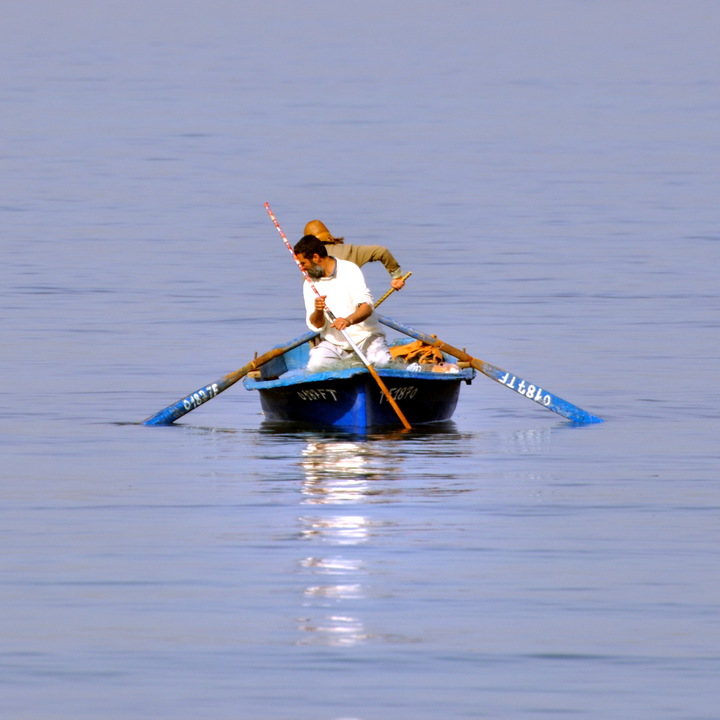Conferences and debates
Index / Activities / Conferences and debates / Where is Algeria headed?
Where is Algeria headed?
A talk with writer Boualem Sansal and journalist Bouziane Khodja.
After living through a brutal conflict that lasted a full decade in the late twentieth century, Algeria is now struggling with a sick, aging president and an increasing number of decisions reached behind closed doors, with a hydrocarbon-dependent economy enduring a major housing crisis and a youth unemployment rate of 30%. The Arab Spring does not seem to have affected the largest country in Africa, and those protests which have taken place have apparently been contained, with opposition silenced. However, given the decreasing price of oil, how will the regime remain capable of dealing with new challenges? All the while, its shared borders with unstable countries like Libya and Mali are reviving the specter of terrorism, a threat to the security situation in Algeria.
Boualem Sansal is an Algerian author who writes in French. His writings are works of protest which speak in favor of democracy, and the price he has paid for authoring them has included threats from Islamists. His first novel, Le serment des barbares (The Barbarians’ Sermon) was published in 1999 and was distinguished with the First Novel Award (“Prix du premier roman”) and the “Prix Tropiques.” His book Poste restante, an open letter to his fellow countrymen, was censored in Algeria. His most successful novel, Le village de l’allemand (The German’s Village), won several awards and was also subject to censorship in Algeria. His latest novel, 2084, was awarded the French Academy’s Grand Prize for Best Novel in 2015, in an award shared with Les Préponderants, by French-language Tunisian writer Hédi Kaddour.
Bouziane Ahmed Khodja. A journalist for Spain’s national public television and radio networks (TVE and RNE), Khodja has earned a PhD in sociolinguistics, and a Master’s degree in Political Science and Journalism. A conference speaker, writer and literary critic (at French Institutes in Spain), he contributes to several newspapers in Arab and European countries.
Institut Français

